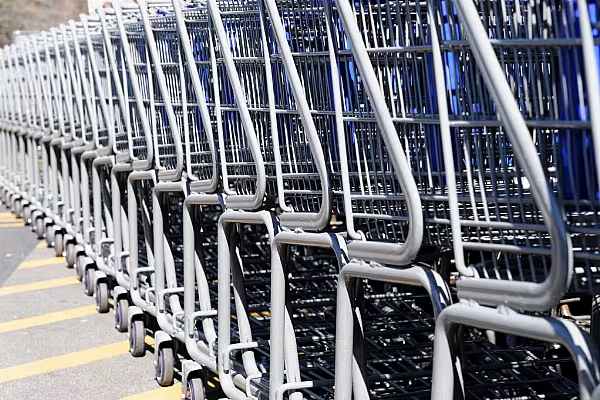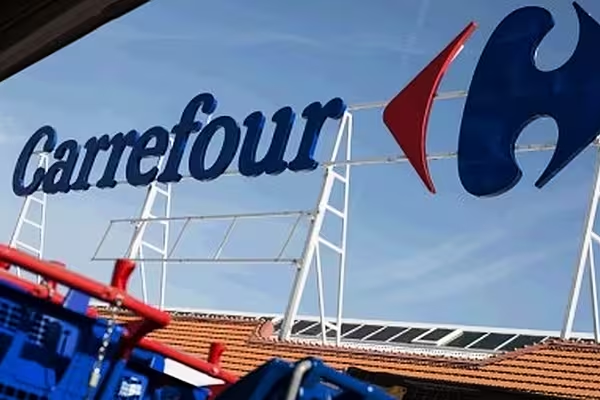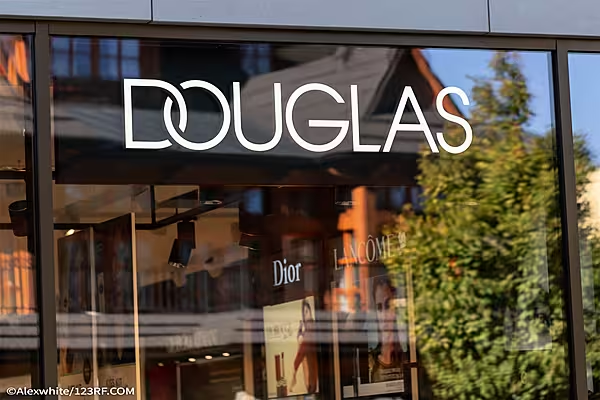One in six supermarkets in Belgium are facing structural problems and are at risk of closure, a new study has found.
This equates to 16.2% of the market, or around 576 stores in total, according to the study, which was conducted by trade magazine Gondola and data specialist GraydonCreditsafe.
The energy crisis, high inflation and fierce competition are all weighing heavily on Belgian supermarkets, with many retailers running into financial difficulties when unexpected problems arise.
"Many have exhausted their reserves and have no means of dealing with a possible new shock," said Eric Van Den Broele of GraydonCreditsafe. In addition, margins have fallen to an all-time low.
Delhaize Store Plans
The survey comes at a time when plans by Delhaize to sell off its 128 company-owned stores are causing a stir in the country, with staff strikes at some stores and blockages of logistics depots entering their third week.
For its part, the Belgian supermarket chain claims that close to 200 entrepreneurs have expressed interest in taking over the 128 shops.
"The transfer of shops to independents may be understandable, but it only shifts the problem," added Van Den Broele. "Two scenarios are possible: either we will have a lot of bankruptcies in the coming period, or there will be more takeovers and you will have big players absorbing all the small ones."
Read More: Top 10 Supermarket Retail Chains In Belgium
Cross-Border Shopping
Elsewhere, the Belgian Food Industry Federation (Fevia) noted that three in ten Belgian in 2022 went across the border to shop for groceries, on an average once every six weeks, resulting in €543 million of lost revenue for Belgian supermarkets and other retail outlets.
France was the most popular destination, with 58% of purchases made there, followed by the Netherlands (22%), Germany and Luxembourg (both 20%).
Between October and December 2022, spend by Belgian shoppers in neighbouring countries increased by 36%, as energy and food prices increased steeply in their home market.
Cross-border shopping may continue to rise in 2023, as prices are growing at a slower rate in France than in Belgium, Fevia said.
It has called on Belgian politicians not to increase the level of taxation on food products, warning that a planned increase in VAT on all food products and non-alcoholic beverages from 6% to 9% would result in nearly 8,500 job losses over five years.
© 2023 European Supermarket Magazine – your source for the latest Retail news. Article by Branislav Pekic. Click subscribe to sign up to ESM: European Supermarket Magazine.














